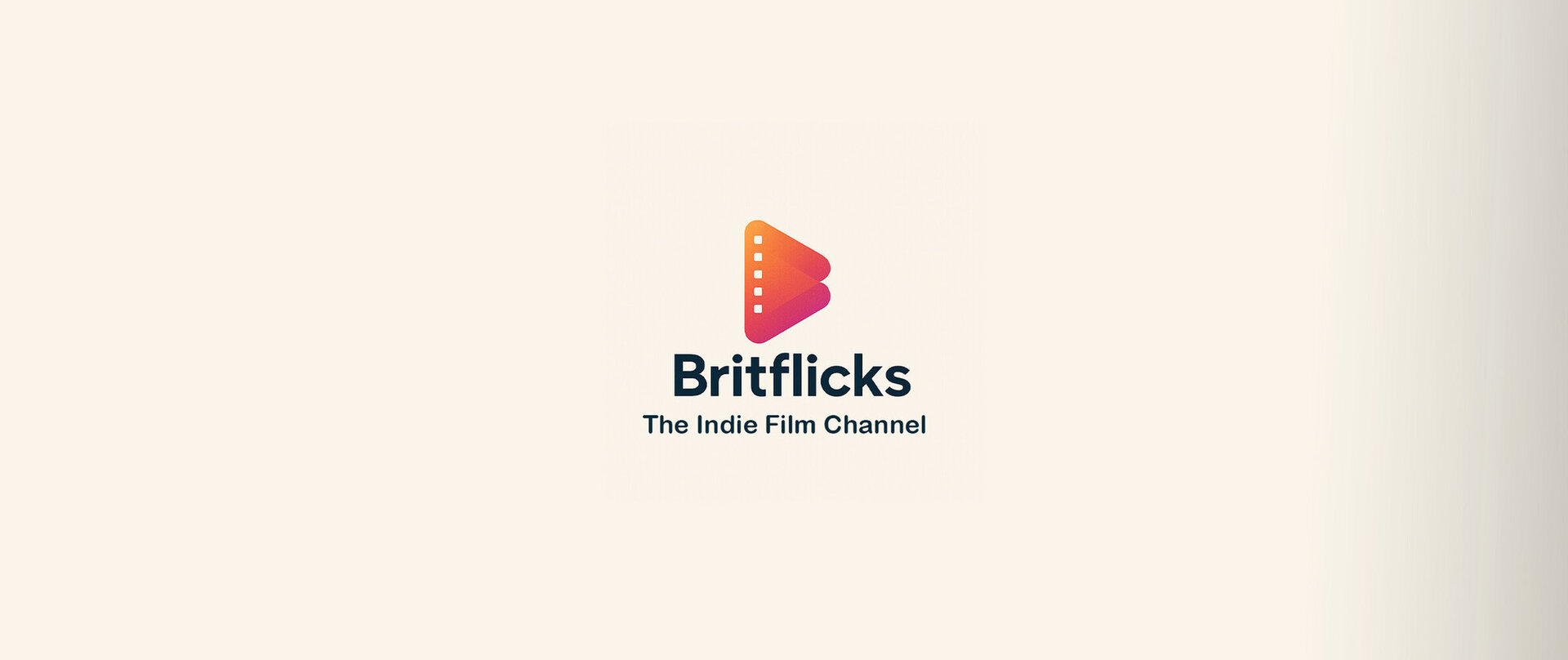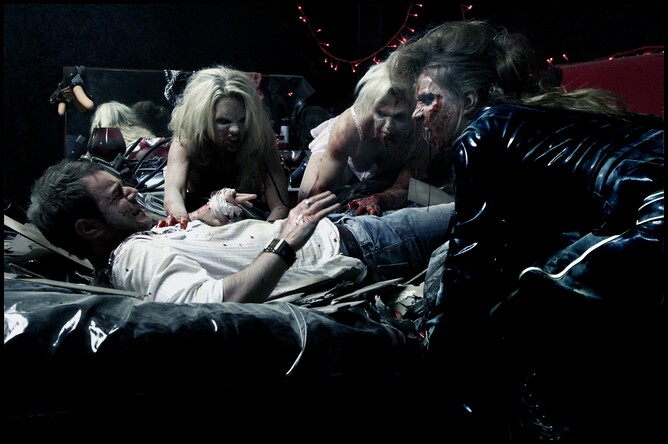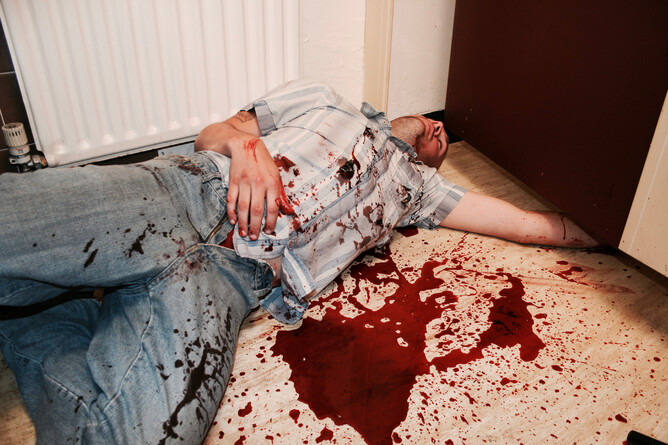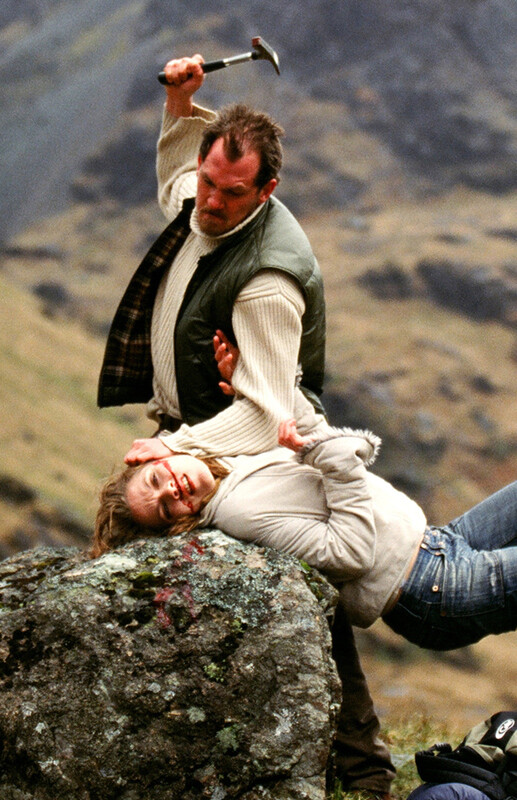New book by horror expert MJ Simpson reviews hundreds of British horror movies, many never before documented.
28 Days Later, Shaun of the Dead, The Descent, Eden Lake, Kill List – the tentpole titles of 21st century UK horror cinema are well known. But beyond those hits is a massive body of limited release and DTV titles which have received little attention from critics. Successful, independent movies such as Outpost, Freak Out, A Day of Violence, A Lonely Place to Die, Exam and Exhibit A, constitute the bulk of the British horror film industry.
And beyond those is a further layer of ultra-obscurities, sold directly through Facebook, or available online via now-defunct VOD websites, or simply posted straight onto YouTube. Who has even heard of, let alone seen, the likes of Call Me a Psycho, Creep Killers, The Rise of Jengo or The Hell Experiment?
MJ Simpson, has seen the good, the bad and the extraordinary of British horror.
MJ Simpson, doyen of British horror film writers, has seen them. The good, the bad and the extraordinary. For 20 years he has been scouring the web for these films and reviewing them on his blog British Horror Revival and in his previous book Urban Terrors.
Between January 2000 and December 2019, an incredible one thousand feature-length horror films were produced and released in the UK. Dog Soldiers and Doghouses is the first in a unique series of books cataloguing this amazingly prolific and largely undocumented corner of cinema.
This book and its forthcoming companions are a guide to the true, hidden ‘British film industry’.
Covering a 12-year period from 2000 to 2011, this book reviews 316 British horror movies. Cast and crew details, critical analysis, production history and release data are all wrapped up in an entertaining and informative half-page review, accompanied by a colour image.
From big screen blockbusters to backyard obscurities, from cinema screens to YouTube, with budgets ranging from £20 million to 45 quid (or less…), British horror cinema has never been so diverse. This book and its forthcoming companions are a guide to the true, hidden ‘British film industry’ which remains almost entirely ignored by the mainstream film press.






